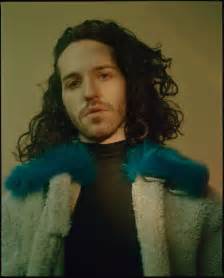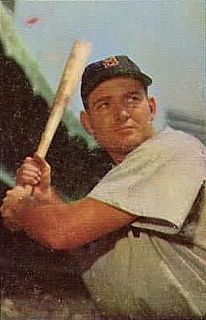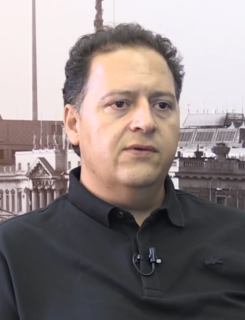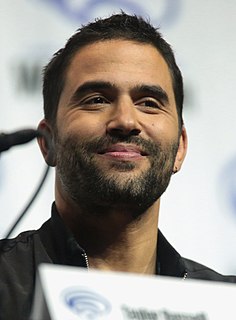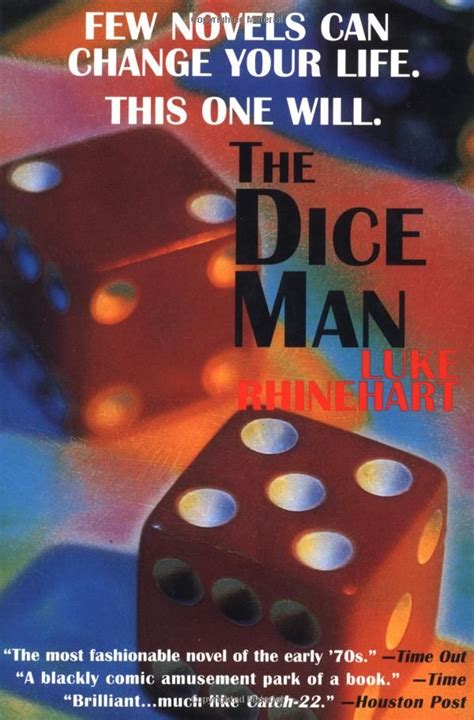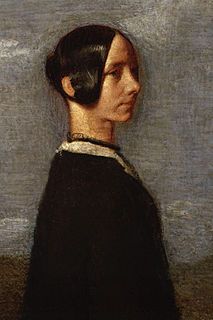A Quote by Werner Herzog
I had complete freedom. They [Netflix] knew roughly what I was doing.
Related Quotes
Many of Reagan's listeners thought he was dreaming. But Reagan had faith in freedom. He knew that communism, although militarily powerful, was ideologically dead. He knew what our Founders knew: that, in a truly legitimate government, power does not come out of the barrel of a gun, but only from the consent of the people.
I think when I envisioned my documentaries, what I wanted to do when I left, I had no business doing those documentaries. I didn't know what I was doing. I was delving into an arena that I had no experience in, and Netflix paired me up with two documentarians that really executed my vision perfectly. That was great, to see that. All of a sudden I'm at Sundance, and those are premiering. I just thought, "Wow, they were four ideas I pitched one day, and now it's coming to fruition on this scale."



